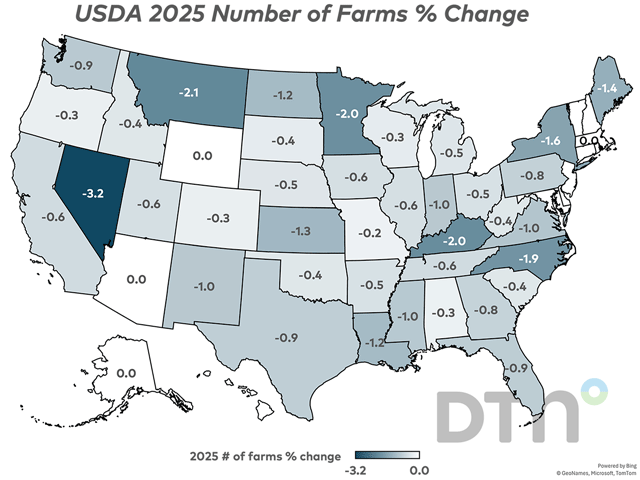South America Calling
Global Warming and Brazil's Cerrado
On a landmark day for the debate on global warming, I thought I would write about what climate change might mean for the expansion of grain farming in Brazil.
Earlier Friday, UN's Intergovernmental Panel on Climate Change (IPCC) released a report in which it asserted that humans were the principle cause of "unequivocal" global warming over the past half century.
The likely rise in global sea levels of which the report warns will not directly affect Brazilian agriculture, which is concentrated on plateaus, but potential changes to climate will.
P[L1] D[0x0] M[300x250] OOP[F] ADUNIT[] T[]
Brazil's Climate Change Panel (PBMC), whose members contributed to the IPCC report, warns of a reduced rainy season in the Cerrado wooded grassland region, where so much of Brazil's grain production expansion has taken place over the past 20 years.
Average summer rainfall in the Cerrado region could decline by 10% over the next 30 years and 20% over the next 60, while average temperatures may rise one degree Celsius through 2040, according to data presented by PBMC.
Lighter average rains could lead to summer dry spells, something that farmers in Mato Grosso and surrounding areas rarely have to worry about at present. This overall change will inevitably dovetail with modifications in microclimates caused by the mass clearance of native vegetation in the region over the last 30 years.
In contrast, the agricultural heartlands of the south will see a 10% increase in average rainfall over the next 30 years, which is potentially positive for this region susceptible to summer dry spells.
But the bad news is extreme weather events, such as waves of cold and frost, will become more common, according to Eduardo Assad, climate change research coordinator at Embrapa -- Brazil's state-run farm research company.
In order to cope with developing conditions, Brazilian farmers must continue to adopt no-till technology and regenerate degraded pasture land, according to Assad.
(ES)
© Copyright 2013 DTN/The Progressive Farmer. All rights reserved.




Comments
To comment, please Log In or Join our Community .